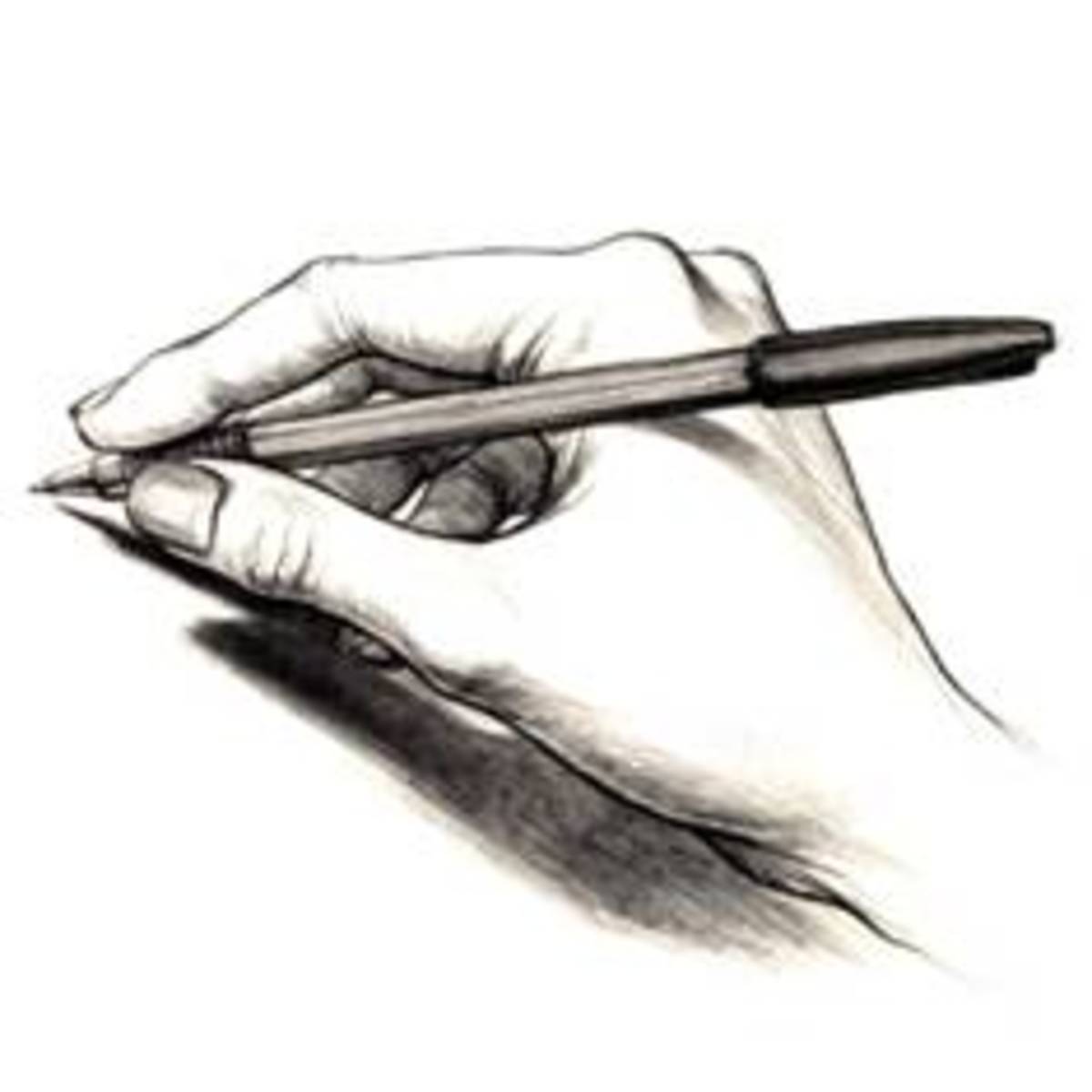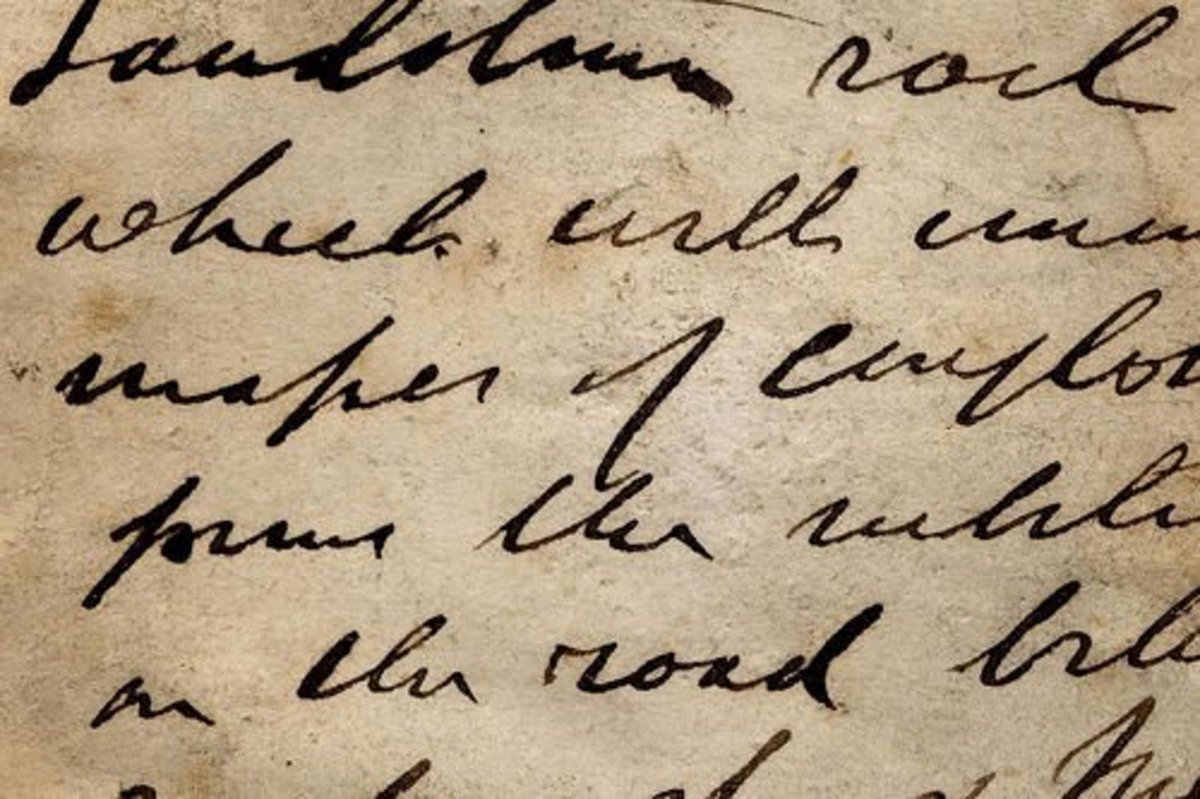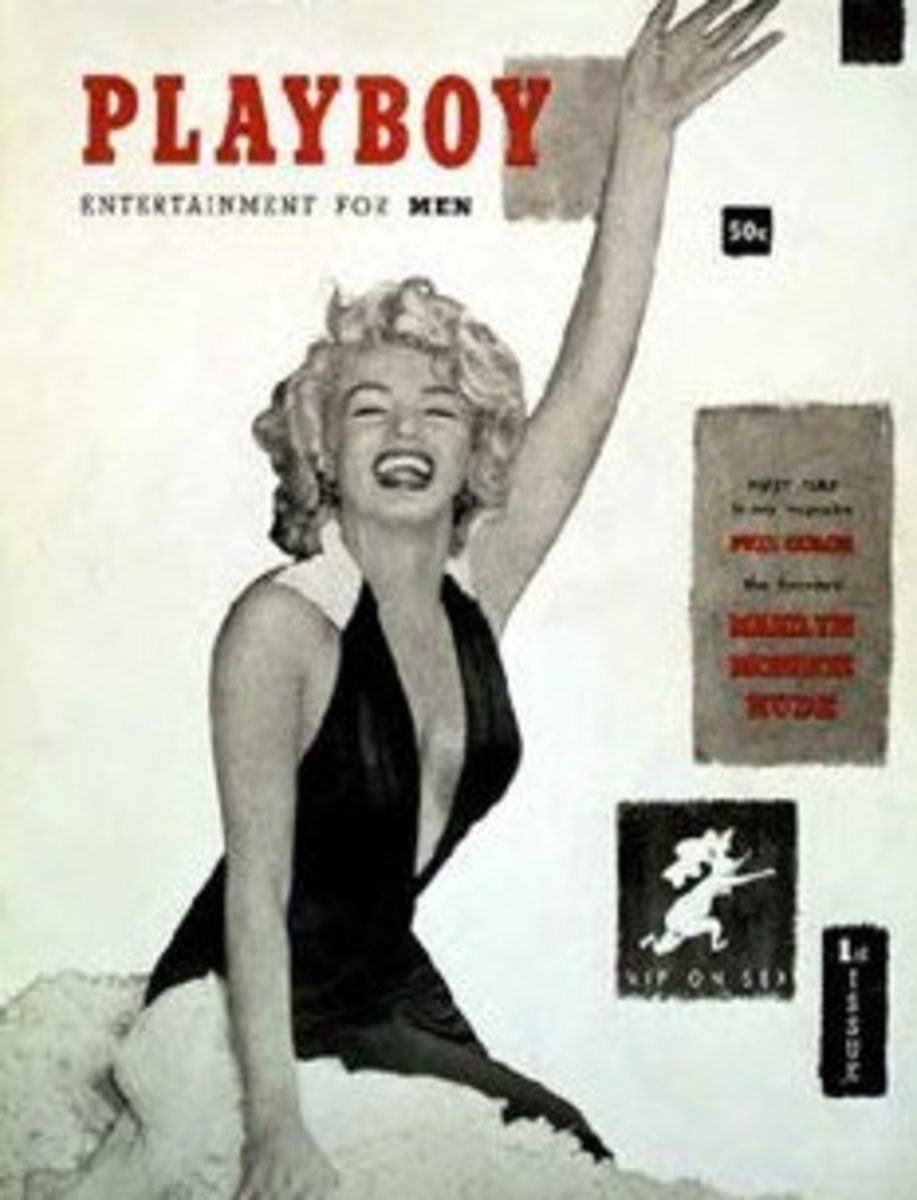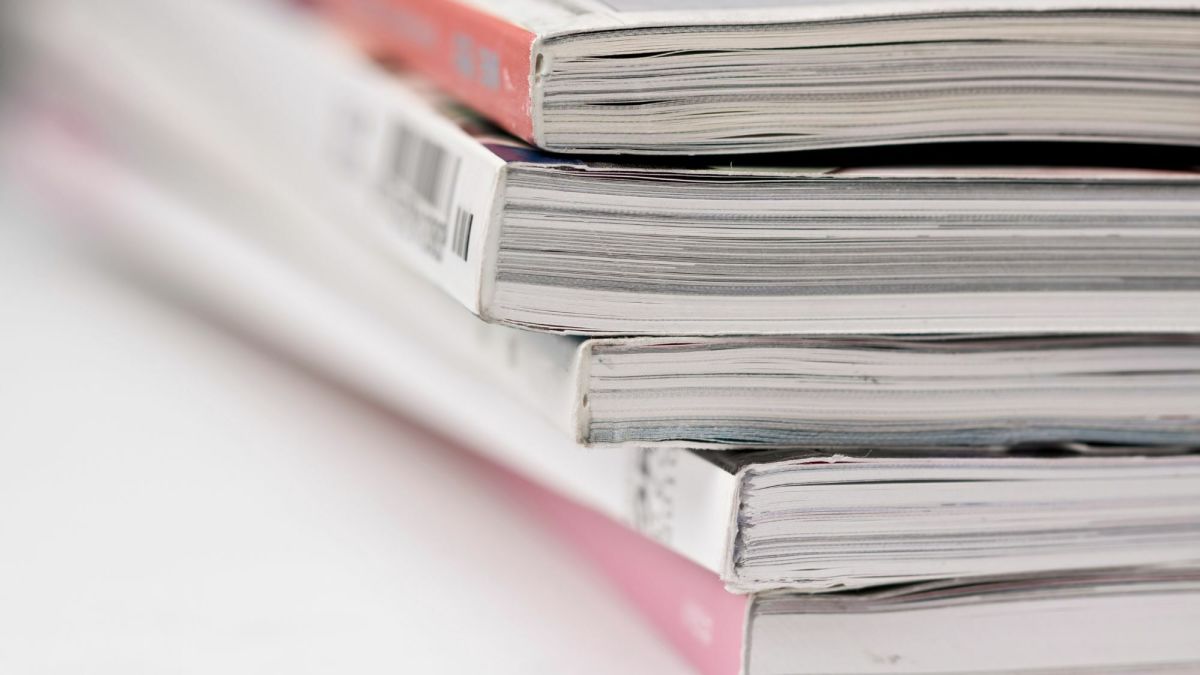Journaling Made Easy
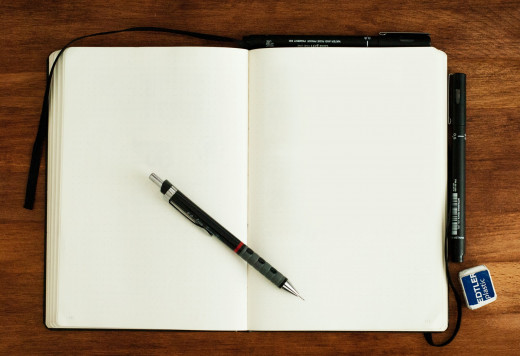
Does this sound familiar?
Dear Diary:
“How are you today? I am not doing great. Today in school, the teacher called on me for the 12th…no 13th….no, skip that…umpteenth time to solve a math problem. Why does she always pick on me? If that idiot of a teacher doesn’t stop calling me, I am going to throw up. How the heck are you supposed to find the square root of 22 anyway? My brother got me in trouble with the parental units again. I did the kid a favor and slugged him good. Yep, knocked him into next week. Oh and there is this cute boy…”
We all had them in some form of or another. Diaries allows new worlds to open up, sucks the person in, and in an instant, words flow out of thoughts and frustration, happy and sad times, as well as times of calm and peacefulness. The above was the 12 year old version, how about this one:
February 6, 2000
“First of all, I had a very long day, in fact too long. This is one of the reasons why I am still up (well two). Last night, well this morning, I went to bed at 6 am. This is usually the one of those times that if I was getting up to go to work, I would be in the bathtub by now. I feel very ashamed to have lost my job, and losing my mind at the same time. Yes, I am a pretty sane person, but who in their right mind would go to bed that late, and then get up two hours later to watch their nephew. Oh Mikey is a sweet child, and he never gives you any trouble, except for his temper, and his ability to be stubborn at times, but he is no trouble. Parenting 101 time: never give in to a child, no matter how much he wants it, never give in. So why did the child walk out of my apartment today with the toys that he brought PLUS a laser gun, some Pokémon cards, two videos, and a smile on his face? Yes, aunty gave in.”
This paragraph is where most adults are at in their journaling, if journaling is done. There is one more type of journaling, and it is the type of journaling I like to call capture journaling. This type is usually paired with pictures in an album, and it should explain:
· Who is in the picture?
· When was it taken?
· What was the occasion?
· What was being said, such as emotions, the weather, and the environment?
An example would be:
"This is a picture of my daughter with her cousins in front of “It’s a Small World” ride at the Magic Kingdom on April 15, 2010. We were about go in to get on the ride, when all of a sudden rain came down, as though someone throw a bucket of water on us. We were soaked, but happy to get out of the rain, as well as on the ride."
Another example would be: 10 things I like about you. You are funny, loving; a toddler, a daughter, assertive, and you know what you want at specific times…
Journaling, no matter what type is written, should be penned in a form, so that the reader is taken to a very specific place in time, as though they are watching or taking part in an event. If the journaling is written on a scrapbook page, it should complement the title. For instance, in the small world example, the journaling can be written directly on the background paper, or on a journaling block. The “10 things I like about you” example can be further emphasized with bullet points to enhance any nouns and adjective words to describe the person. Also journaling in a scrapbook setting, the words should be writing in your own handwriting, but if you do not trust the look of your own handwriting, a computer can be used. There are also websites that can simulate a person’s own handwriting and put it in a font for a fee.
Note: Before looking into having your handwriting recreated by a computer, please check with several websites, choose one that you are comfortable with, as these websites will have different pricing plans to fit every need.
Finally, make the journaling process fun and exciting. Keep the reader on the edge of their seat. In the “Well Hello”, example, which is an excerpt from an old journal of mine, I talked about my long day, watching my nephew (who was 4 at the time), and taking him to the store for more stuff that he clearly did not need. Take care of grammar. Do not use technical words and jargon. Make the journaling as simple as possible, perhaps to about a 3rd to 8th grade reading level, unless you are creating a technical piece for people who understand the terminology. Always remember, these are memories in the making, and leaving a legacy should be enjoyed and shared by all who reads and embraces it.

